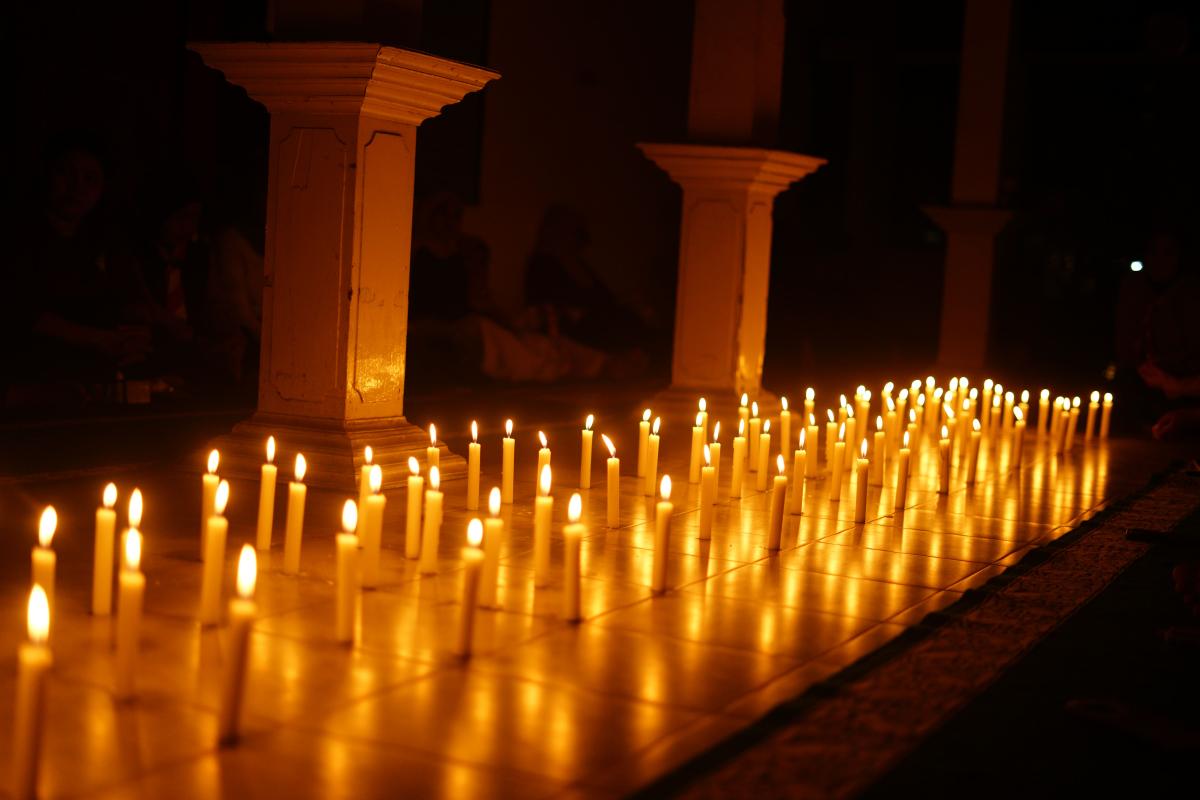
Earth Hour 2025
joining the Earth Hour program stems from a deep-seated belief in collective action and a personal responsibility to safeguard our planet; I see it as a powerful symbolic gesture that transcends individual efforts, uniting people worldwide in a shared commitment to environmental awareness, and serving as a crucial reminder that even small, unified actions can contribute significantly to a more sustainable future.
The Earth Hour program is executed through a globally synchronized "lights out" event, where individuals, communities, and businesses turn off non-essential electric lights for one hour, typically from 8:30 PM to 9:30 PM local time, on a designated Saturday in late March; this symbolic action is amplified by widespread social media campaigns, community gatherings, and educational initiatives aimed at raising awareness about climate change and encouraging sustainable practices beyond the hour.
Joining the Earth Hour program teaches us several valuable lessons: the power of collective action in addressing global challenges, the importance of conscious energy consumption and its impact on the environment, and the need for sustained, long-term commitment to sustainable practices beyond a single hour.





